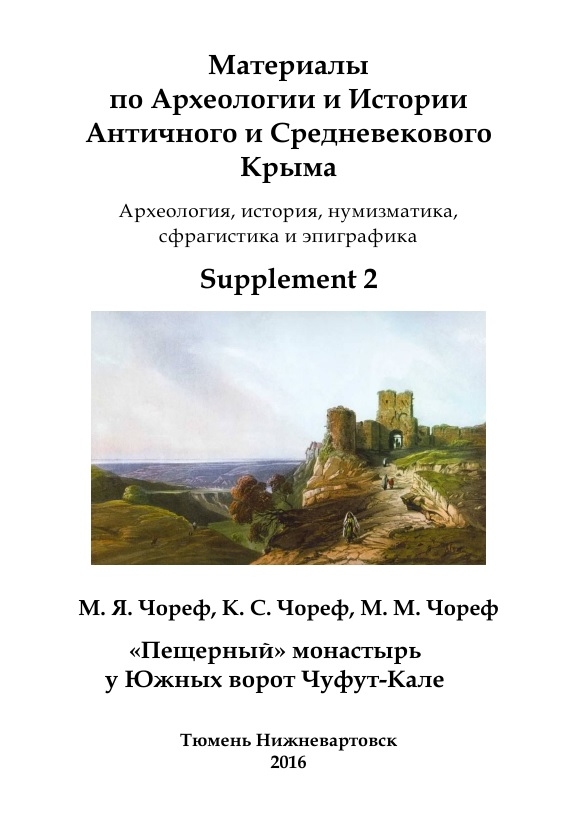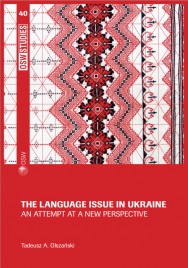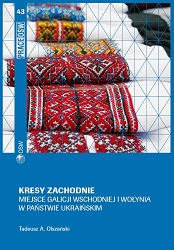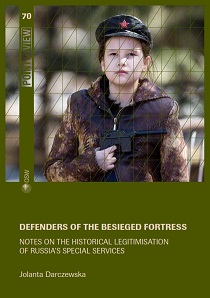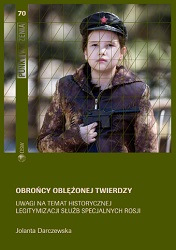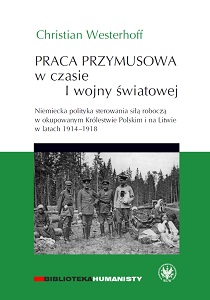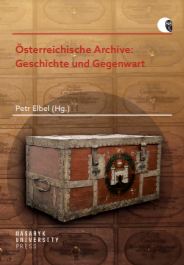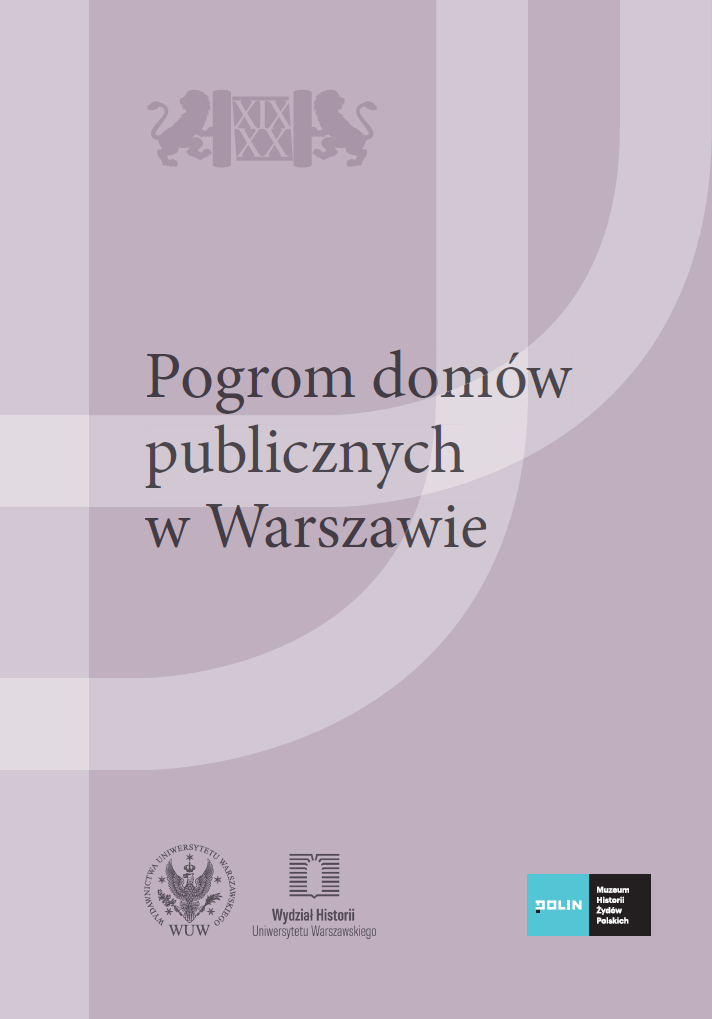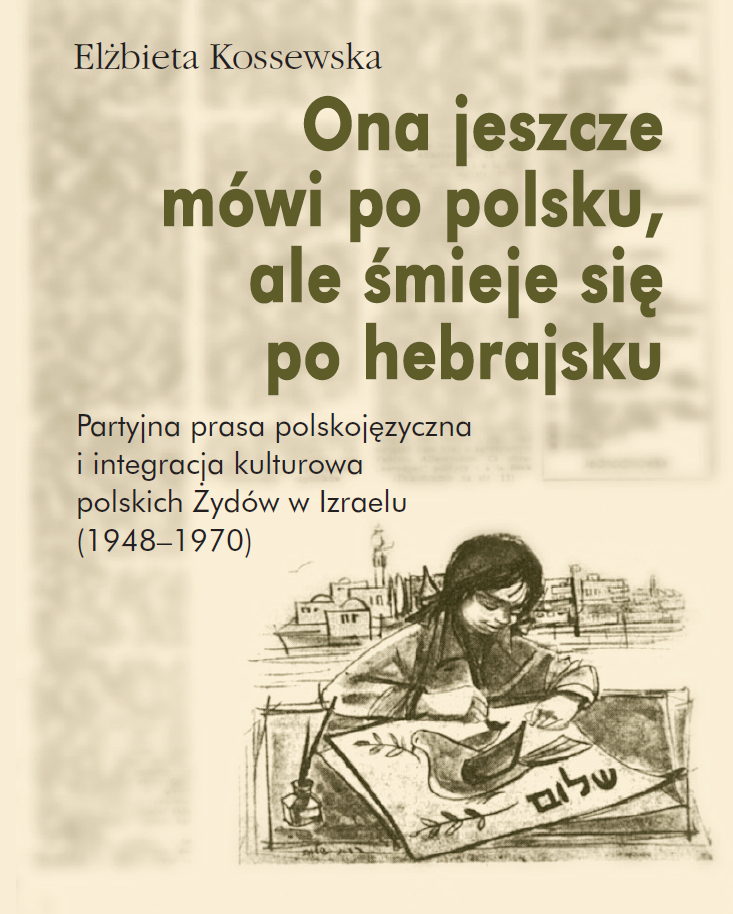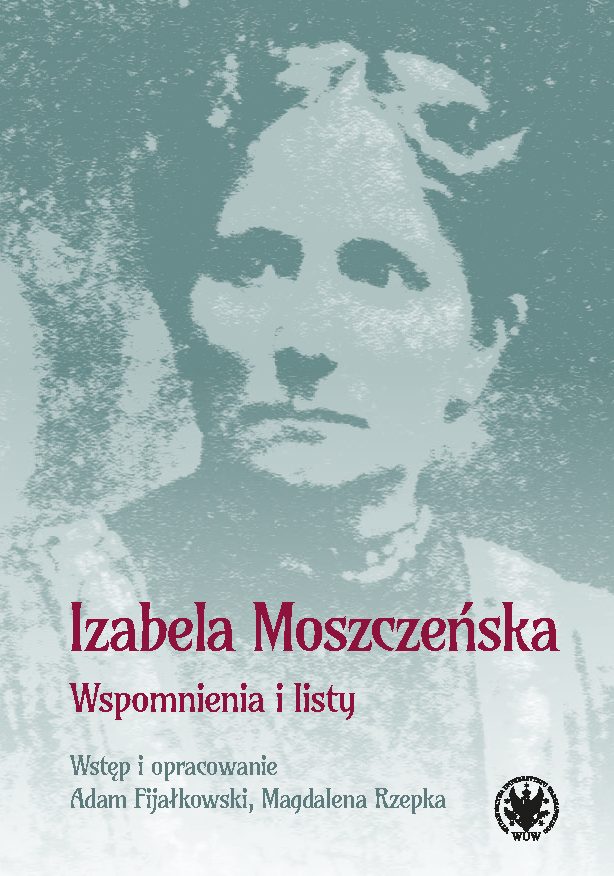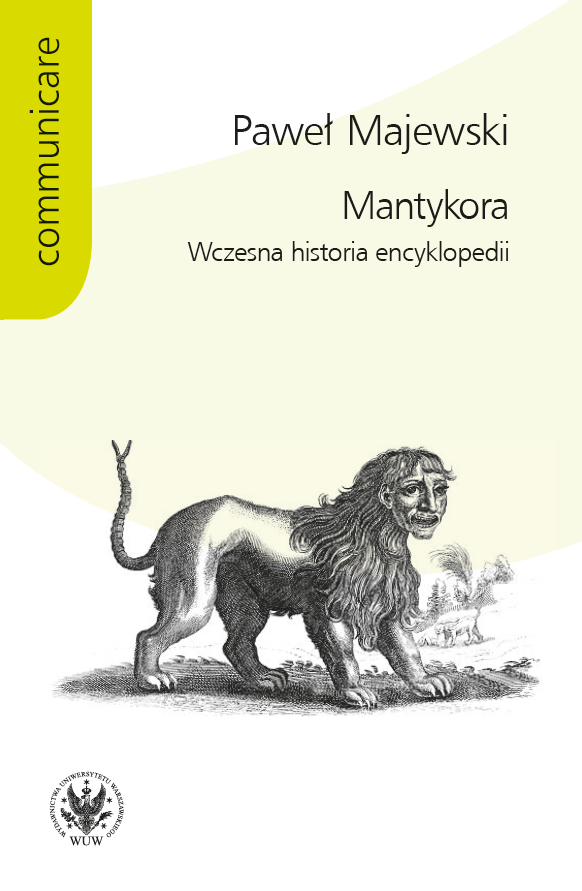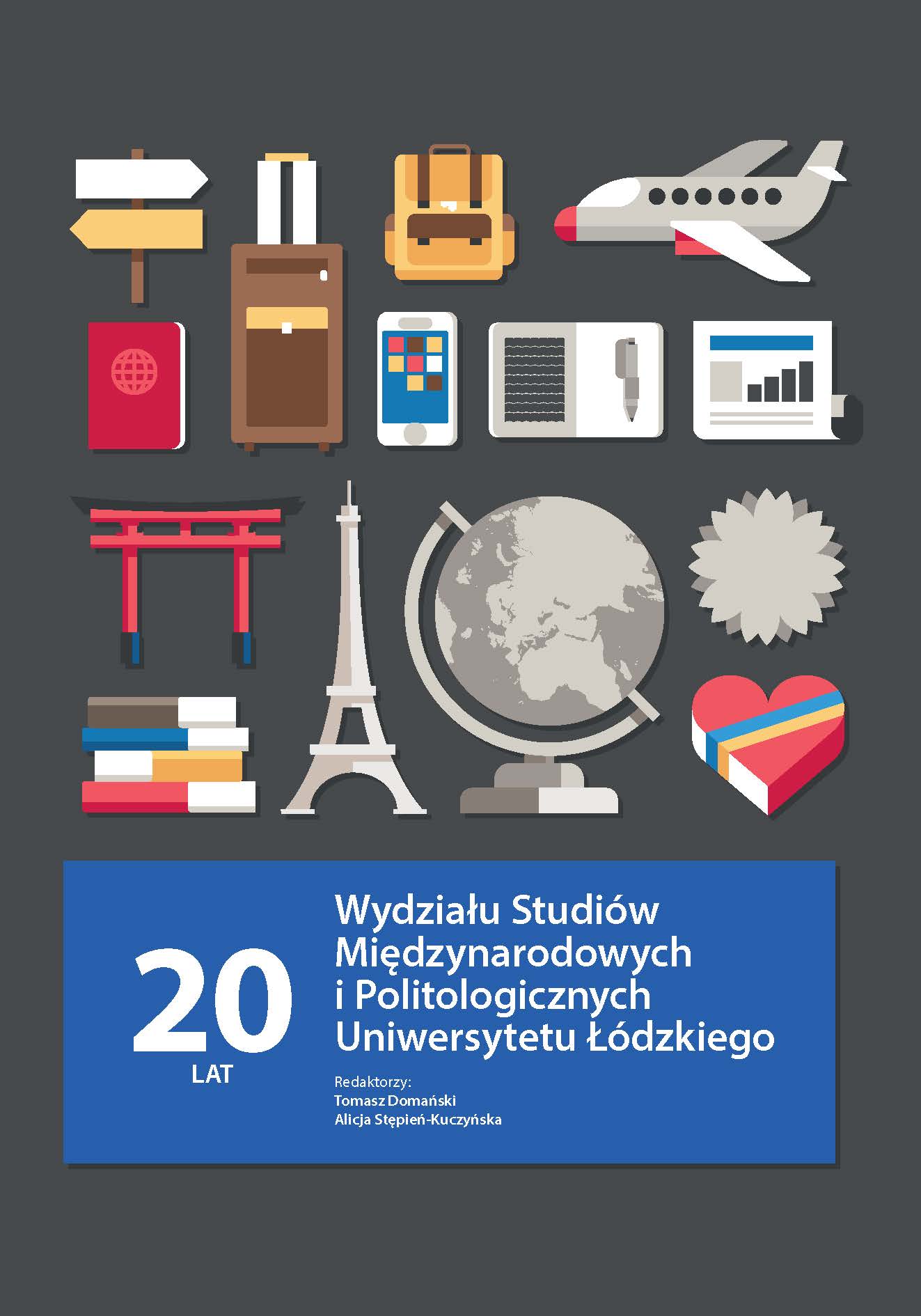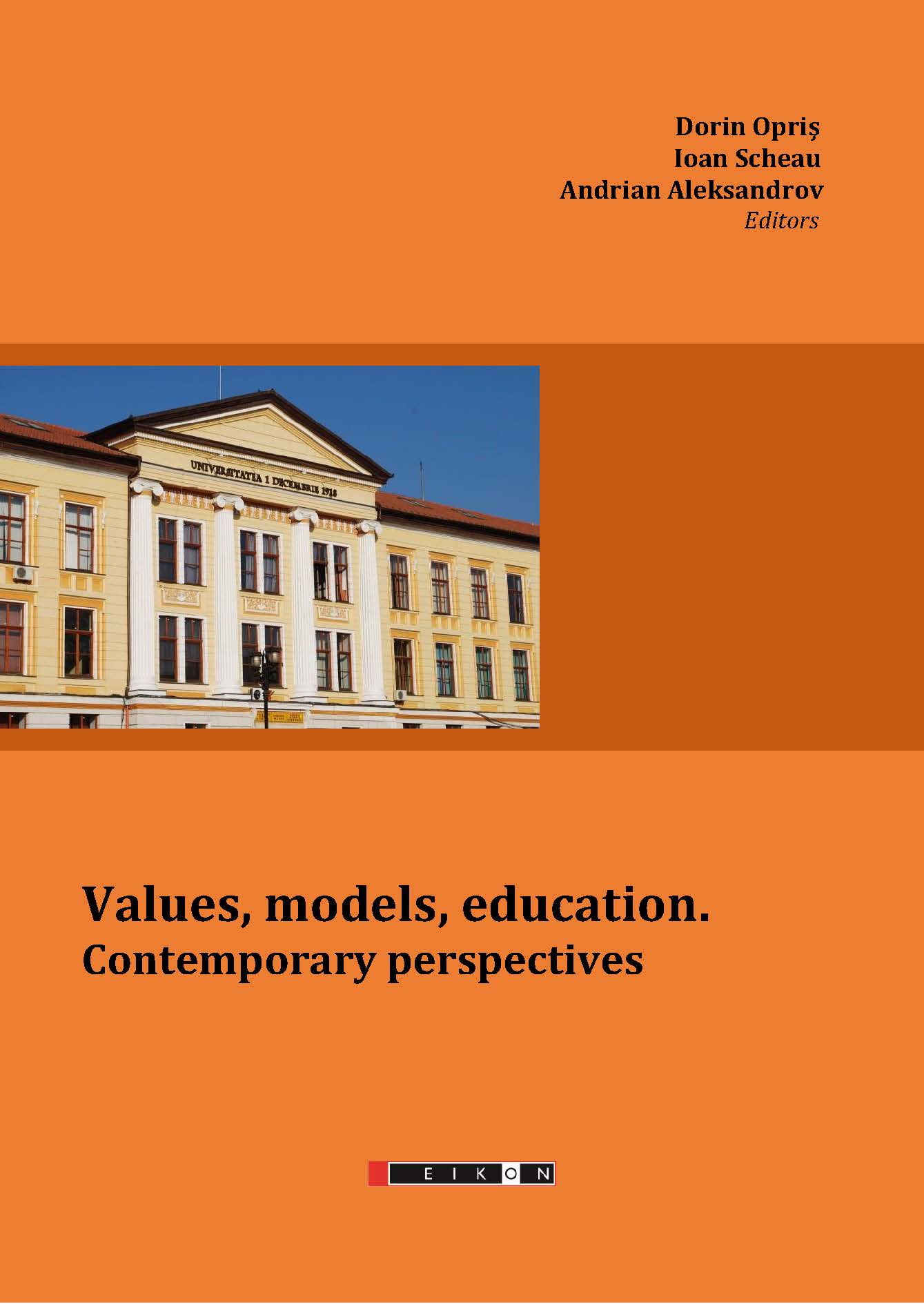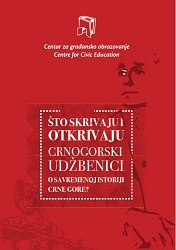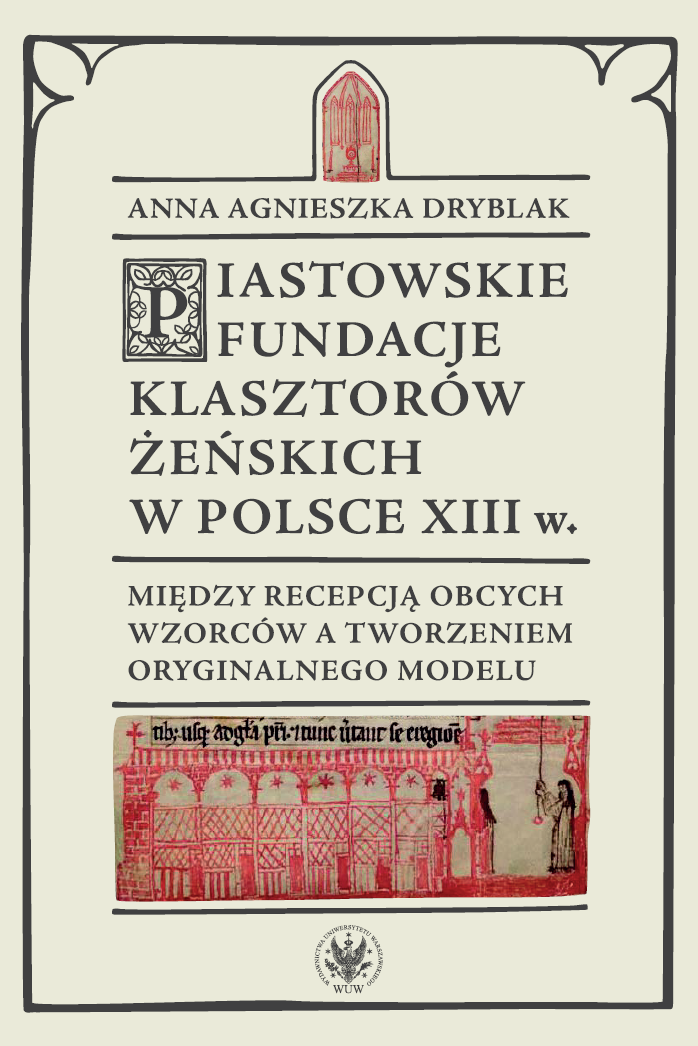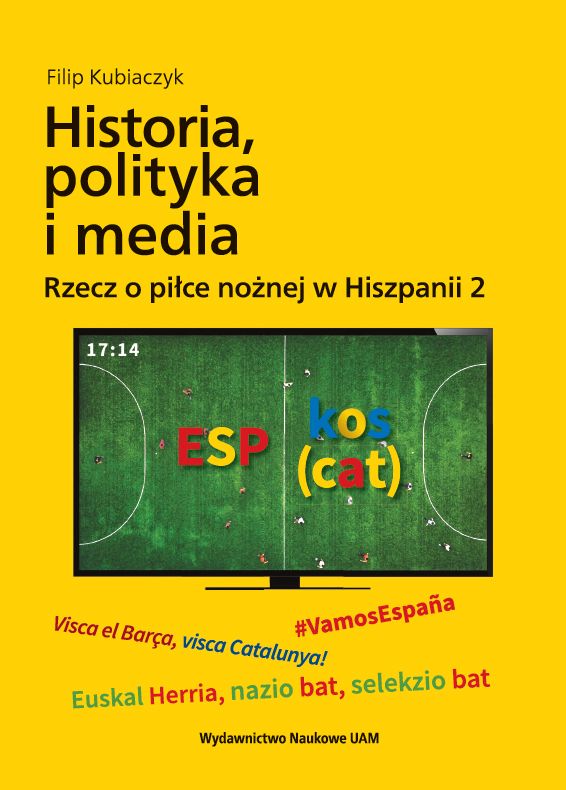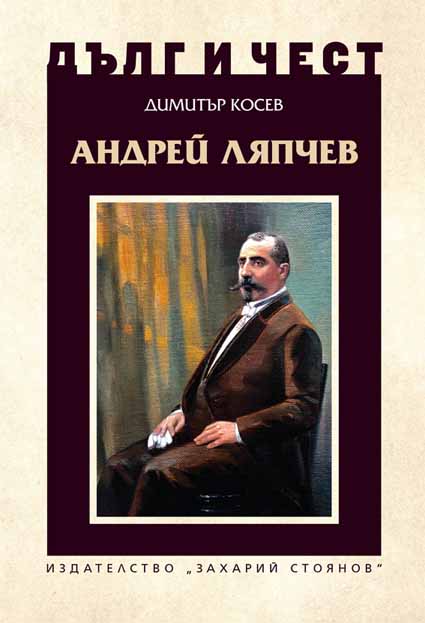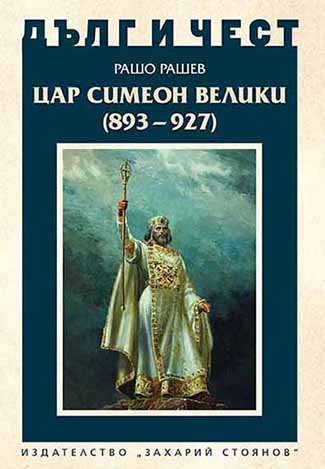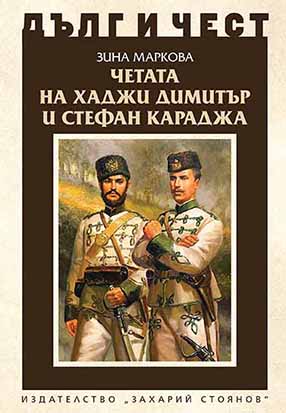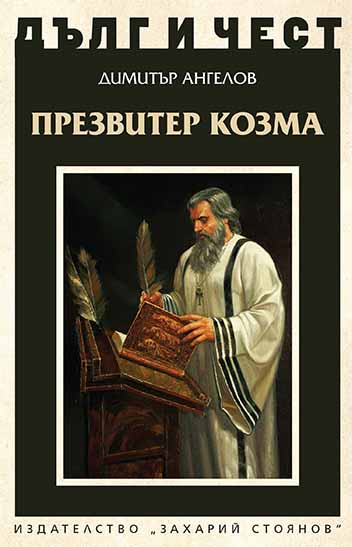Author(s): Isidora Radonjić,Tamara Milaš,Miloš Vukanović / Language(s): Montenegrine
Centar za građansko obrozovanje (CGO), u okviru svog potprograma Tranziciona pravda, ima za cilj da doprinese djelotvornom procesu suočavanja sa prošlošću kroz niz različitih, ali međusobno povezanih, aktivnosti. U tom kontekstu, tim CGO-a je u okviru studije „Što skrivaju i otkrivaju crnogorski udžbenici o savremenoj crnogorskoj istoriji?” analizirao sadržaj materijala koji je danas dostupan u formalnom obrazovanju, i to na nivou osnovnog, srednjeg i visokog obrazovanja, pri čemu je visoko obrazovanje uzeto kroz uzorak tri fakultetske jedinice Univerziteta Crne Gore. Dodatno, sprovedeno je i istraživanje koje je imalo za cilj da procijeni neke od učinaka takvog obrazovnog pristupa na (ne)znanje studenata/kinja. Konačno, data je ocjena postojećeg modela predavanja istorije, ali i preporuke kako da se osavremeni i upodobi potrebama društva koje teži da se razvije u demokratsko. Fokus ove studije bio je, između ostalog, i na načinu na koji se u obrazovnom sistemu Crne Gore predstavljaju uzroci, tok i ishodi skorijih ratnih dešavanja koji su obilježili istoriju regiona, a samim tim i Crne Gore. Na žalost, tu su crnogorski udžbenici praktično „očišćeni” od svih moguće „opasnih” sadržaja, čime se ograničava i potencijal društva da razumije i cijeni taj period na bazi činjenica, a samim tim se još više opterećuje inače mukotropan proces suočavanja sa prošlošću. Nastava istorije bi trebalo da razvija kritičko mišljenje i duh tolerancije, da prevenira ili urušava izgrađene predrasude i promoviše otvorenost prema različitostima. No, sudeći po onom što crnogorski učenici/e i student/kinje mogu naučiti kroz formalni obrazovni sistem, daleko smo od toga. Naime, učenici/e u Crnoj Gori ne mogu u školi naučiti ni kako ni u kojem obimu je Crna Gora učestvovala u ratnim dešavanjima, niti koji su ratni zločini počinjeni tokom 90ih u regionu i u Crnoj Gori, kao ni koliko je bilo žrtava u ime Crne Gore, iz Crne Gore i u Crnoj Gori. Crnogorske obrazovne institucije još uvijek ne pokazuju dovoljno volje da se odupru politizaciji udžbenika, bilo u onom što skrivaju ili otkrivaju ti udžbenici, a time se dovodi u pitanje vaspitna i obrazovna uloga istorije kao predmeta, makar kad je riječ o savremenoj istoriji Crne Gore. Dodatno je zabrinjavajuće da je ovaj pristup prisutan na svim nivoima obrazovanja – od osnovnog do visokog, a što rezultira već i produkcijom nastavnog kadra koji ovaj dio istorije nema u svom ličnom sjećanju niti je imao prilike da ga naučno adekvatno izuči, a ulazi u učionicu da to gradivo predaje. “Sećanje“ nastaje pod uticajem mnogih faktora, od kojih je jedan od najuticajnijih nastava istorije u školama i, posebno, udžbenici istorije. Oni promovišu određeni sistem verovanja, legitimišu i utvrđuju politički i društveni poredak. Zato se može reći da je znanje koje se stiče u školi rezultat složenih odnosa moći i borbe grupa određenih klasom, rasom, rodom i verskom pripadnošću. Upravo zbog toga udžbenici imaju veliku moć i važna su poluga vlasti u svim delovima sveta. Stoga je potrebno što prije pristupiti promjeni postojećih udžbenika i njihovom osavremenjivanju, i to od strane onih koji imaju integritet da ne prave kompromis sa vlastima o načinu na koji će predstaviti savremenu crnogorsku istoriju, odnosno dio istorije kojoj su pečat dali i oni koji i dalje imaju značajnu političku moć u Crnoj Gori.
More...
